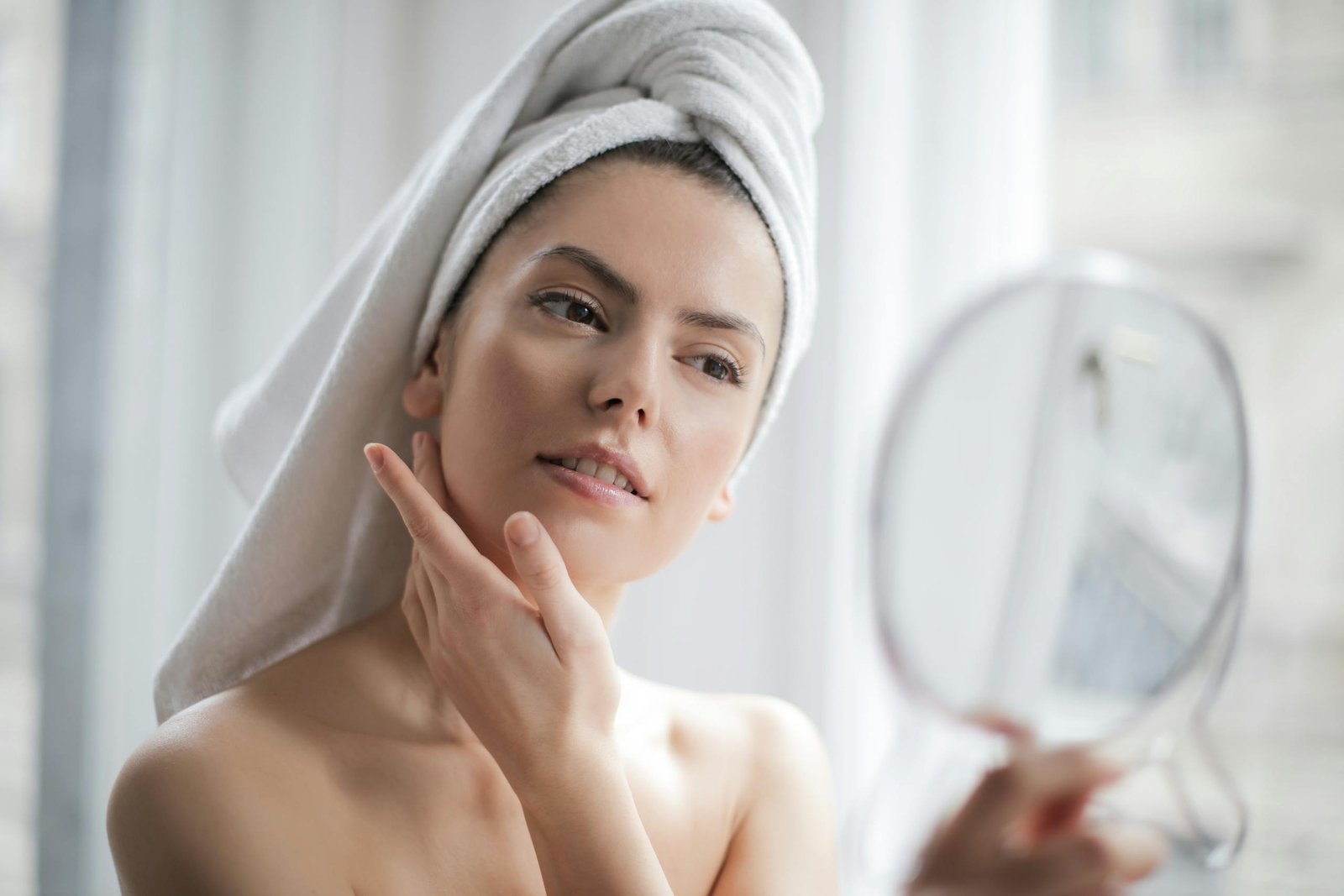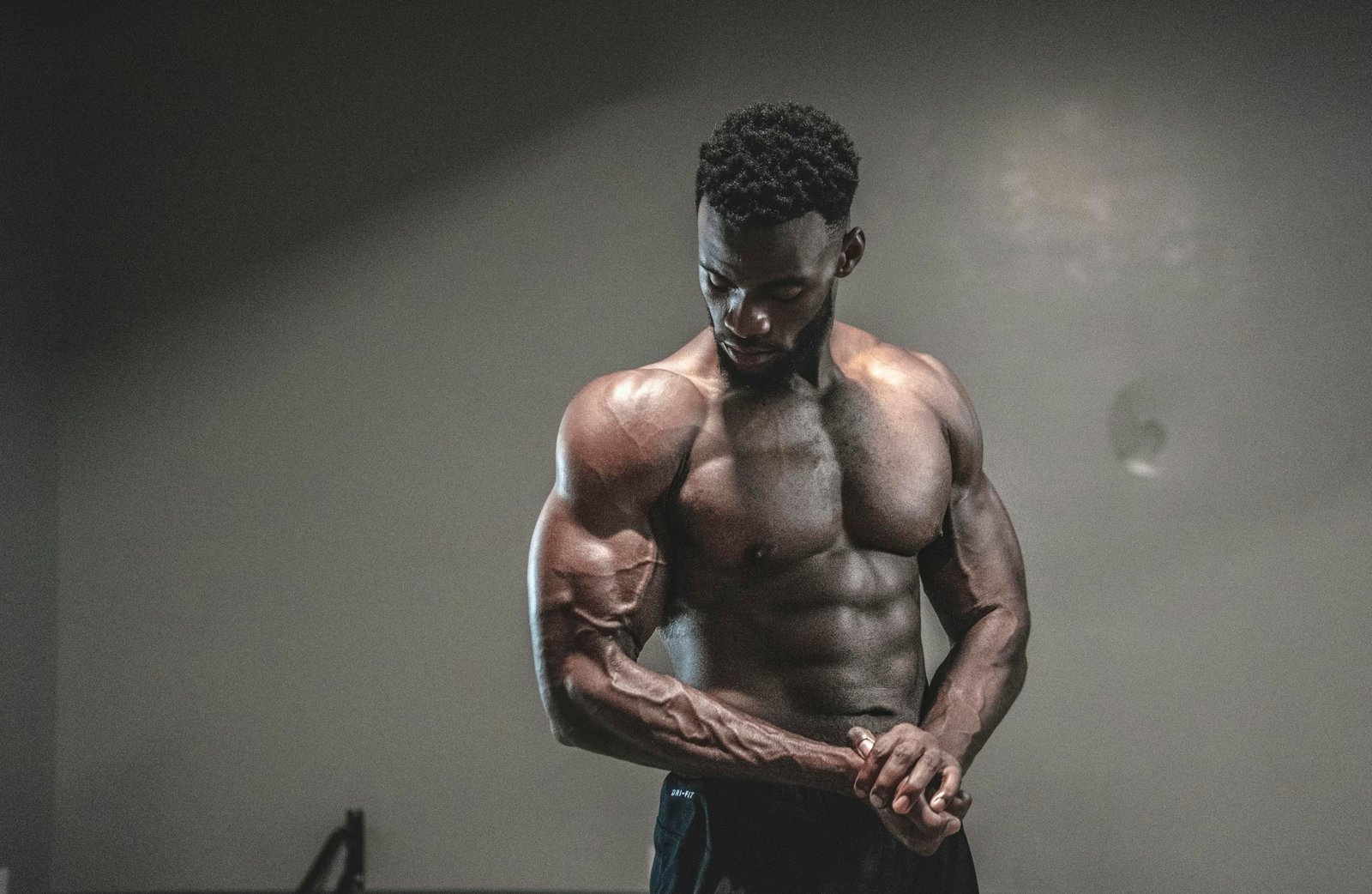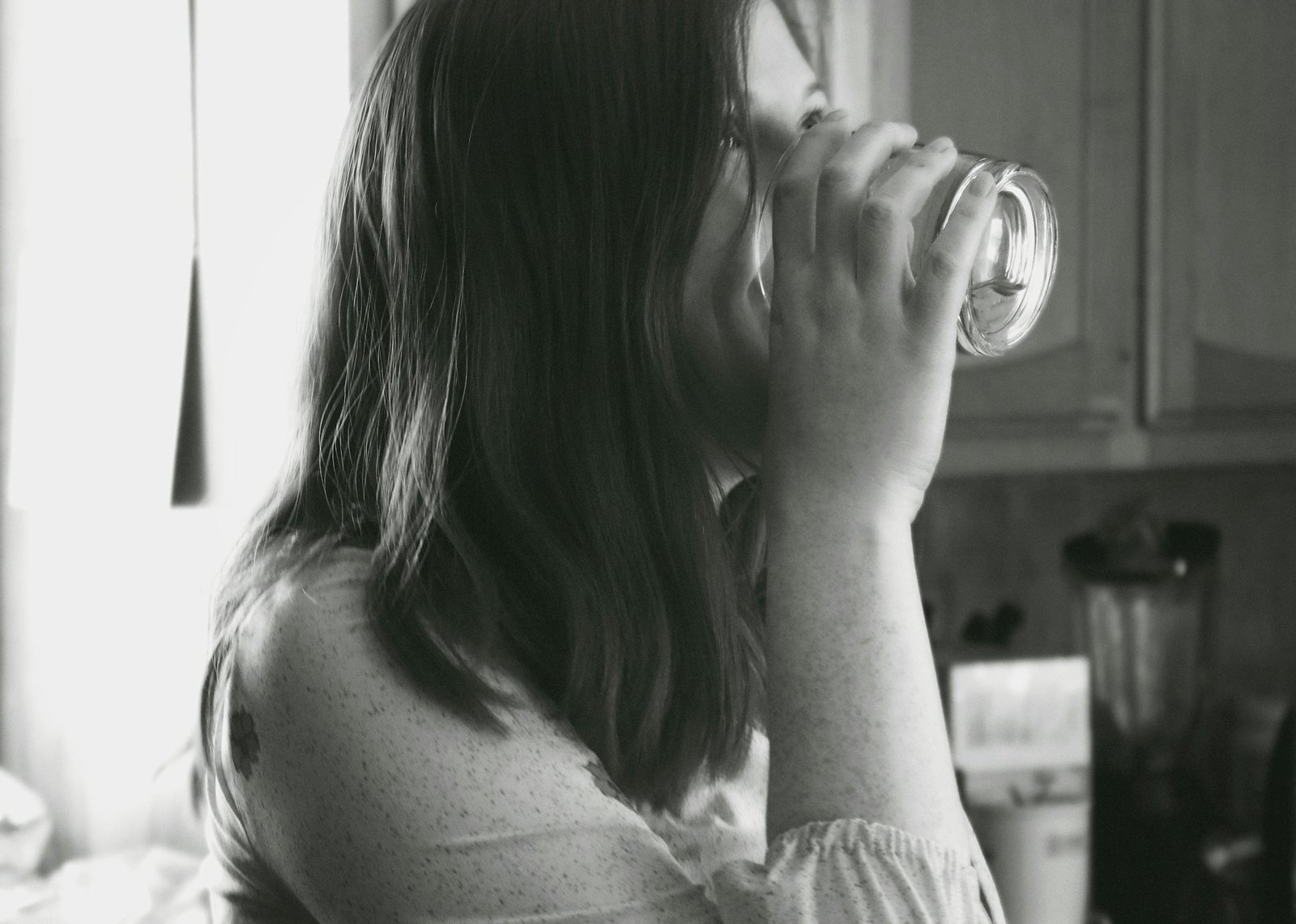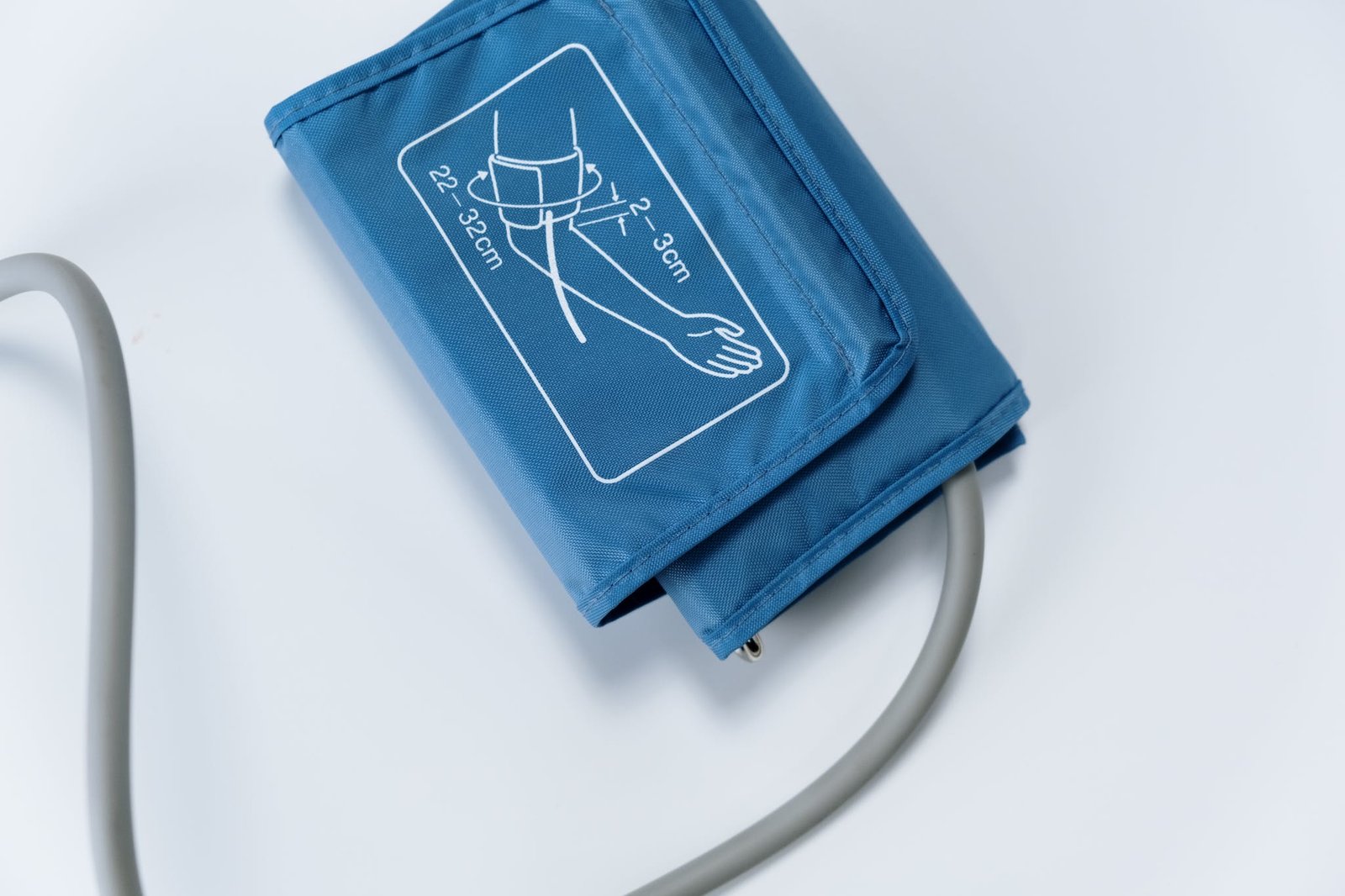How Water Helps Prevent and Relieve Hangovers
There are some affiliate links below, but they are all products I highly recommend. For more info, view my disclosure here.
Do you often wake up with a pounding headache and a queasy stomach after a night of drinking?
Discover the secret to preventing and relieving hangovers: water! By staying hydrated throughout the night, you can minimize the dreaded hangover symptoms.
This article will explore why water is essential for preventing hangovers, how to stay hydrated before, during, and after drinking, and the science behind it all.
Say goodbye to those unpleasant mornings after with the power of H2O.
The Importance of Hydration
You need to prioritize hydration during a night of drinking to prevent and relieve hangovers. When you consume alcohol, it acts as a diuretic, causing your body to produce more urine and leading to dehydration. Dehydration is one of the main causes of hangovers, as it can result in symptoms such as headache, fatigue, and dizziness.
By ensuring you drink plenty of water before, during, and after drinking alcohol, you can help counteract the dehydrating effects and reduce the severity of a hangover.
Drinking water while you’re consuming alcohol can also help pace your drinking, as it slows down the rate at which you consume alcoholic beverages. This can help prevent you from drinking too much too quickly and reduce the likelihood of a severe hangover the next day.
Drinking water can help dilute the alcohol in your system, which may lessen its impact on your body and minimize the intensity of hangover symptoms.
To effectively prioritize hydration, make sure to have a glass of water in between each alcoholic beverage. This won’t only keep you hydrated, but it will also help you moderate your alcohol intake.
It’s also important to continue drinking water before bed and upon waking up the next morning to replenish any fluids lost during the night.
Hydrating Before Drinking
Make sure to hydrate before you start drinking to minimize the effects of a hangover. It’s essential to prepare your body by drinking plenty of water beforehand. When you consume alcohol, it acts as a diuretic, causing increased urination and dehydration. By hydrating before, you can help counteract this effect and reduce the chances of waking up with a pounding headache and other hangover symptoms.
Drinking water before alcohol helps to dilute the alcohol in your system, slowing down its absorption into the bloodstream. This means that you won’t get intoxicated as quickly, giving your body more time to process and metabolize the alcohol. Water can help to fill up your stomach, leading to a slower rate of alcohol absorption.
Hydrating before drinking also helps to support your liver function. Alcohol can put a strain on your liver, and being adequately hydrated can aid in its detoxification process. Water helps to flush out toxins and keeps your liver functioning optimally.
Hydrating During Drinking
Staying hydrated while drinking is important for maintaining your body’s balance and minimizing the negative effects of alcohol. When you consume alcohol, it acts as a diuretic, causing you to urinate more frequently and lose essential fluids. Dehydration can lead to a range of unpleasant symptoms, including headaches, dizziness, and fatigue.
To combat this, make sure to drink water alongside your alcoholic beverages. As you enjoy your drink, remember to take sips of water in between. This will help replenish the fluids your body is losing and keep you hydrated throughout the night. It’s easy to get caught up in the fun and forget to drink water, but it’s crucial for preventing the dreaded hangover the next day.
Not only does water help prevent dehydration, but it also helps dilute the alcohol in your system. By drinking water, you can slow down the absorption of alcohol and reduce its concentration in your blood. This can lessen the intensity of your hangover symptoms and make the recovery process more bearable.
So, the next time you’re out enjoying a few drinks, remember to stay hydrated. Alternate between alcoholic beverages and water to keep your body in balance and minimize the negative effects of alcohol. Your body will thank you the next morning.
Cheers to a more enjoyable and hangover-free experience!

Hydrating After Drinking
After a night of drinking, it’s important to rehydrate your body to minimize the negative effects of alcohol.
Water plays a crucial role in helping your body recover from a hangover. When you consume alcohol, it acts as a diuretic, causing you to lose more fluids through increased urine production. This can lead to dehydration, which contributes to the symptoms of a hangover such as headache, fatigue, and dry mouth.
By drinking water after a night of drinking, you can replenish the lost fluids and help your body flush out the toxins from alcohol more efficiently. Make it a habit to drink a glass of water before bed and continue hydrating throughout the next day.
While it may not completely eliminate a hangover, staying hydrated can significantly alleviate its effects. To enhance the rehydration process, you can also opt for sports drinks or electrolyte-rich beverages that help restore the electrolyte balance in your body.
Water Vs. Other Beverages
When it comes to hydrating after drinking, opting for other beverages like sports drinks or electrolyte-rich beverages can also be beneficial for replenishing your body’s lost fluids and restoring electrolyte balance. However, it’s important to note that while these alternatives can provide hydration, water should still be your go-to choice.
Water is the most natural and pure way to hydrate your body, without any added sugars or artificial ingredients. It helps to flush out toxins and rehydrate your cells, aiding in the recovery process.
Sports drinks may contain electrolytes, but they also often contain high levels of sugar, which can further dehydrate you. Electrolyte-rich beverages, on the other hand, can be a good option if you’ve been sweating excessively or have lost a significant amount of electrolytes. However, it’s important to check the labels and choose options that are low in sugar and artificial additives.
Ultimately, water is the best choice for rehydrating your body after drinking, as it’s natural, calorie-free, and easily accessible. So, remember to always keep a bottle of water handy to help prevent and relieve hangovers effectively.
The Science Behind Hydration
Now, let’s dive into the science behind hydration and why it’s so important for your body.
When you consume water, it undergoes a process called absorption, where it’s taken up by your cells and distributed throughout your body. This process helps replenish the fluids lost through sweating, urination, and other bodily functions.
Hydration is crucial because it plays a vital role in maintaining the balance of bodily fluids. It helps regulate body temperature, supports digestion, and aids in the transportation of nutrients and oxygen to your cells. Proper hydration ensures that your organs, including your liver and kidneys, function optimally.
When you’re dehydrated, your body has to work harder to perform these essential functions. This can leave you feeling fatigued, dizzy, and unable to concentrate. In extreme cases, severe dehydration can even lead to medical emergencies.
Tips for Staying Hydrated
To stay properly hydrated, make sure to incorporate hydrating foods into your diet, such as watermelon and cucumbers. These foods have high water content and can help replenish your body’s fluid levels.
In addition to eating hydrating foods, it’s important to drink plenty of water throughout the day. Aim to drink at least 8 cups of water daily, or more if you’re engaging in physical activity or spending time in hot weather.
Another tip for staying hydrated is to limit your consumption of dehydrating beverages, such as alcohol and caffeinated drinks. These beverages can actually deplete your body of fluids, so it’s important to drink them in moderation and balance them with water intake.
Try to avoid sugary drinks, as they can contribute to dehydration. Instead, opt for water or natural fruit juices to quench your thirst.
Lastly, listen to your body’s signals. If you start feeling thirsty, it’s a sign that you need to drink more fluids. Pay attention to the color of your urine as well. Clear or light yellow urine indicates proper hydration, while darker urine may mean you need to increase your water intake.
Other Benefits of Drinking Water
Drinking enough water throughout the day can also improve your skin’s appearance and help maintain a healthy complexion. When you stay hydrated, your skin becomes more moisturized, which can reduce the appearance of dryness, wrinkles, and fine lines. Water helps to flush out toxins from your body, which can also contribute to clearer skin. It helps to regulate your skin’s pH balance, ensuring that it stays within a healthy range.
Water can help to prevent and reduce acne breakouts by keeping your pores clear and preventing a buildup of oil and dirt. By drinking enough water, you’re also promoting the production of collagen, a protein that helps to keep your skin firm and elastic. This can lead to a more youthful and radiant complexion.







